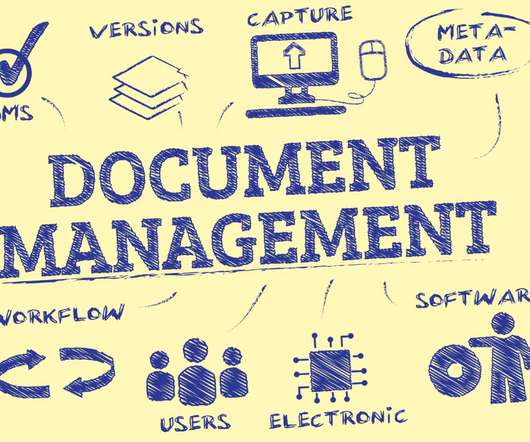Employee personnel files — what should and shouldn’t be included
BMT Office Administration
NOVEMBER 21, 2022
Educational transcript. For instance, employers cannot include medical information in an employee’s general personnel file due to the Americans with Disabilities Act (ADA). Some of the most frequent types of these files are: Medical records for paperwork related to: Personal medical information. Payroll deduction forms.













Let's personalize your content